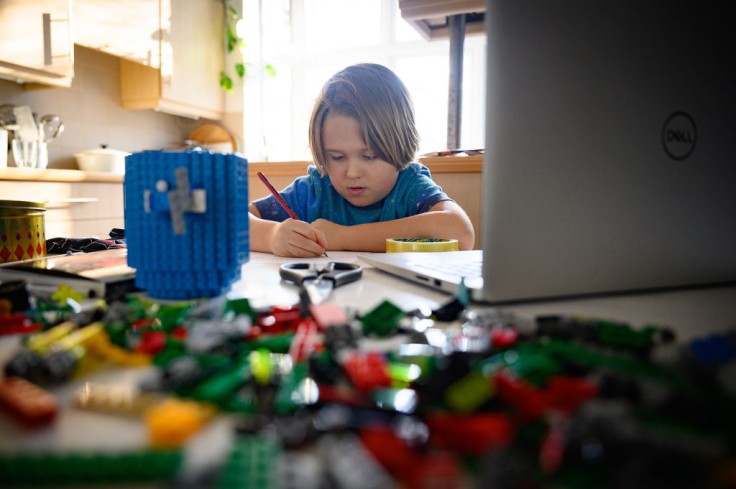
Creativity is an essential aspect of every child's development. It helps children express themselves, think outside the box, and develop problem-solving skills.
However, in today's fast-paced world, finding the time and resources to encourage our children's creativity can be challenging.
As parents and caregivers, it is essential to prioritize our children's artistic side and provide them with opportunities to explore their imagination freely.
Fortunately, fostering your child's creativity doesn't have to be time-consuming or expensive.
By incorporating simple strategies into your daily routine, you can provide your child with a safe and supportive environment to explore their imagination and creativity.
So if you're looking for ways to help your child unleash their artistic potential, read on and discover how to encourage your child's creativity with these seven practical and effective strategies.
How To Encourage Your Child's Creativity
1. Carve Out Time for Creative Art
PsychCentral recommends that one of the most effective ways to encourage your child's creativity is to provide them with dedicated time and space to engage in creative art. Whether it's painting, drawing, or sculpting, giving your child the opportunity to create without any distractions or interruptions can be incredibly beneficial.
Set up a designated area in your home, such as a table or an easel, with art supplies that your child can use freely. Encourage them to express themselves through art and praise their efforts, even if the final product is imperfect.
2. Limit Screen Time
While technology can be an excellent tool for learning and entertainment, too much screen time can hinder your child's creativity. Encourage your child to take a break from screens and engage in other activities that allow them to explore their imagination. Limiting screen time can help your child develop creativity and problem-solving skills and focus on non-digital pursuits.
3. Read to Your Child
Reading is an excellent way to encourage your child's creativity and help them develop a love for storytelling. Choose books that inspire your child's imagination and encourage them to think outside the box. Reading to your child can also improve their vocabulary and comprehension skills, helping them to express their ideas more clearly.
4. Allow Time for Imaginative Play
According to Empowered Parents, children have a natural ability to imagine and create their own worlds. Encourage your child's creativity by allowing them to engage in imaginative play, such as pretending to be superheroes or creating their own imaginary games. Provide them with props, such as dress-up costumes or building blocks, to inspire their imagination and help them explore different scenarios.
5. Encourage Construction
Building and construction toys, such as Legos and building blocks, can help your child develop their creativity and problem-solving skills. Encourage your child to build structures, vehicles, or anything else they can imagine. Don't worry too much about the final product; the process of constructing and problem-solving is what is most important.
6. Don't Solve All Their Problems
As parents, it is natural to want to solve our children's problems and shield them from disappointment. However, according to Clever Tykes, allowing your child to solve their problems independently can help them develop their creativity and problem-solving skills. Encourage your child to find solutions to their problems and provide guidance when necessary.
7. Let Kids Resolve Conflict Independently
Conflict resolution is an essential skill for children to develop. Encourage your child to resolve conflicts independently and allow them to express their opinions and feelings. By allowing your child to work through conflicts on their own, you can help them develop their creativity, critical thinking skills, and emotional intelligence.
In conclusion, fostering your child's creativity is essential for their development and well-being.
With these strategies, you can encourage your child's creativity and help them explore their imagination in a safe and supportive environment.